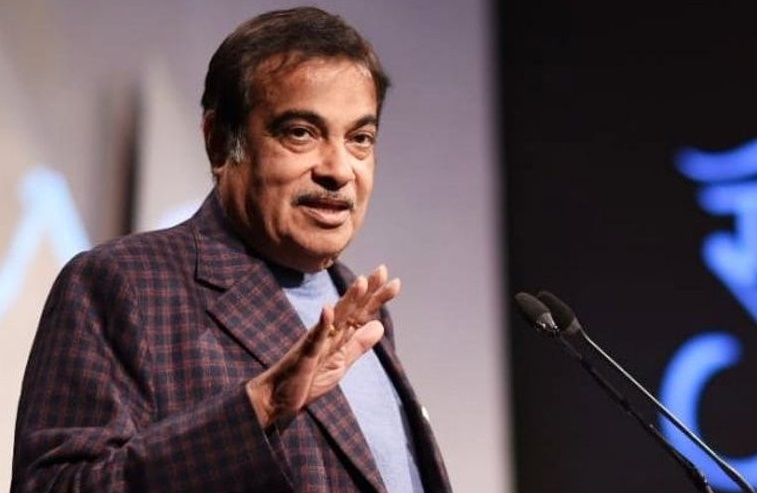Red tape, lack of rural development, digitalization, transparency and e-marketing are hurdles that the country’s Union minister hopes to overcome.
In India, going digital is extremely important for Micro, Small and Medium Enterprises (MSMEs) to make their processes transparent, time-bound and result-oriented, stated Nitin Gadkari, Union Minister of MSME in India, at a virtual event last week.
Terming marketing as a ‘crucial aspect’, he emphasized the need for concerted marketing efforts from small and medium enterprises to scale greater heights.
“The e-market is the future of India. Popular e-commerce companies, such as Amazon and Alibaba, are already doing an excellent job in this field. Many small companies with great marketing potential are doing excellent business in India. Considering all these factors, we need to take the help of digitalization to make our marketing effective,” observed Gadkari in his keynote address at a summit on building a resilient future via MSME transformation, organized by Microsoft India.
Transparency needed for DX progress
At the virtual event, Microsoft India highlighted the role of technology as a key enabler in making Indian businesses, especially MSMEs, more agile, productive, and future-ready. The firm has launched a new solution for MSMEs in India to develop business resilience in the long run.

Noting the validity of the Microsoft’s vision, the Union MSME minister commented that digitalization is crucial right from the marketing campaigns to the manufacturing processes to the implementation of government systems. “Currently, there are a lot of delays and red-tape processes in the system through which the ministry is implementing schemes. Digitalization will help iron out the deficiencies of the present system and bring about more transparency in the processes,” Gadkari said.
A major requirement for the digital transformation of MSMEs, in his words, is the availability of the appropriate software for the small-scale industries, which can convert their management systems into digitalized ones. “Presently, a lot of MSMEs are using several different types of software, but they may not be appropriate. It is time for the technology experts to find a common solution for the problems faced by MSMEs, from which they can largely benefit,” he suggested.
The minister also urged technology experts to bring a digitalization solution for MSMEs that the ministry can support and implement through a scheme. “My suggestion for the technology experts is to provide guidance for MSMEs, for marketing and your guidance for the government for controlling all the digitisation schemes we can promote,” he said.
Where is DX needed most in India?
Remarking that the Indian MSME sector accounts for 30% of the country’s GDP and 48% of the exports, Gadkari divulged that the government is targeting an exponential growth of 40% GDP contribution and 60% exports in the near future. Gadkari also mentioned that MSMEs provide jobs to 11 crore people in the country and that they have plans to create five crore new jobs.
In this regard, the most important agenda for the government is to establish MSMEs in the rural, agricultural, tribal areas and 115 aspirational districts. “This remains an area where GDP contribution is quite negligible. So, we need to find the right technology, which is useful for the making of economically viable MSMEs in the rural, agricultural, tribal and forest areas. We can create more per capita income and GDP growth in these areas through more and more small and medium businesses.”
Gadkari had a few project suggestions for MSMEs to explore and try their hands at. “We can make Ayurvedic medicines, biomass and biofuels employing technology, which will also expedite the decision-making process,” he concluded.
